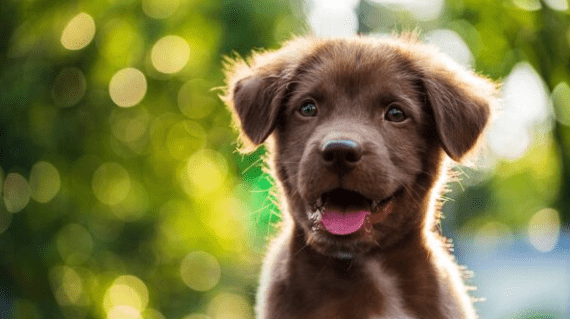Studies Suggest Puppies Are Born With The Capability To Communicate With People

The special bond that exists between humans and dogs can be genetic. A new study investigating the cognitive and behavioral social skills of hundreds of puppies suggests that the bond can be a genetic trait that evolved as dogs were domesticated, deviating from wolves. Evan MacLean, a co-author of the study and director of the Arizona Canine Cognition Center at the University of Arizona in Tucson, claims that people have had interests in dogs’ abilities to interact with humans. Still, a debate has always existed on how this is just biology against being something the dogs learn through playing with humans.
Emily Bray, a co-author and an anthropology postdoc at the University of Arizona, has spent ten years researching how dogs solve and think through problems with the help of a California-based dog organization called the Canine companions. Typically for humans’, children can reason about the physical world. By the time a child is 2.5 years of age, they will have adequate social cognitive skills for supportive communication. The authors continue to state a mounting body of research that demonstrates evidence that there are identical social-cognitive skills that domestic dogs share. However, the possible biological bases for those capabilities haven’t yet been tested.

Bray, MacLean, with other colleagues theorized that if the skill of dogs concerning collaborating with humans originated genetically, then this skill ought to occur in the early developmental stages. They tested this hypothesis with 375 pedigreed puppies eight weeks old, 203 females, and 172 males. The research was done between February 2017 up to June 2020. The puppies were gotten from 117 litters, most of which were golden/ Labrador retriever crosses, having 23 pure golden retrievers and 98 pure Labrador rounding out the sample.
Up to about six weeks when the puppies were weaned, they remained with their mothers. They also stayed with their littermates until they attained an age to live with a professional puppy raiser to be trained. The researchers then carefully scrutinized if genetic factors might cause any variations in the puppies’ abilities.
At the end of the study, the team concluded that puppies have an innate ability to reply when humans communicate with them. However, the puppies’ capability to start communication with humans advances later.
